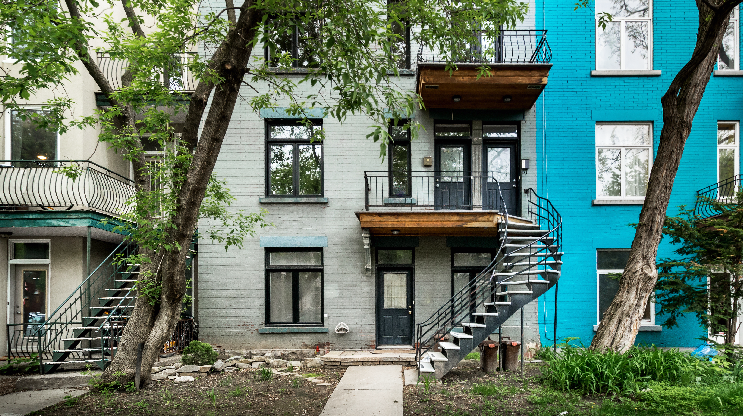Living in decent housing is a basic right—a right that is unfortunately not enjoyed by everyone. Current data about housing in Montreal is indeed cause for concern. In this newsletter, Centraide takes a look at housing as we get closer to the July 1 moving day.
Although the situation in Montreal is still better compared to other major Canadian cities, access to housing is getting more complex for people who are not well off and for whom affordable apartments are getting harder to come by. It is more difficult to find housing, especially on a low income.
Low- and medium-cost apartments, even off the island of Montreal, are becoming increasingly rare. Average rents are currently seeing their highest increases since the early 2000s (+4.2%).
Housing affordability and poor conditions are closely linked, as low-income tenants are at a greater risk of living in substandard housing. With fewer apartments to go around and with available apartments getting more expensive, people are often forced to live in unsuitable conditions because they can’t find better housing for their budgets.
The people most likely to find themselves in poor-quality apartments that are too small or that they can’t afford include single people (especially women), large families or single parents, racialized people, or recent immigrants.
Housing has a direct impact on all aspects of life. After paying rent, people need enough left over for food and other essential expenses. A home should be a place where you feel safe and secure. Unfortunately, thousands of renters in Montreal, Laval and the South Shore are not in this situation, and this doesn’t include people with no fixed address, i.e., who move from place to place or sleep on the street. Centraide of Greater Montreal works with an entire network of community agencies that take action in the area of housing and help people experiencing homelessness.
Rental insecurity affects not only vulnerable people but also the community agencies that help them. Rising rental costs, landlord take-overs of affordable spaces, and the limited availability of space near the populations they serve also pose enormous challenges for the community sector.
What does it mean to be in a poor housing situation? Which groups are most affected? What is Centraide doing?




